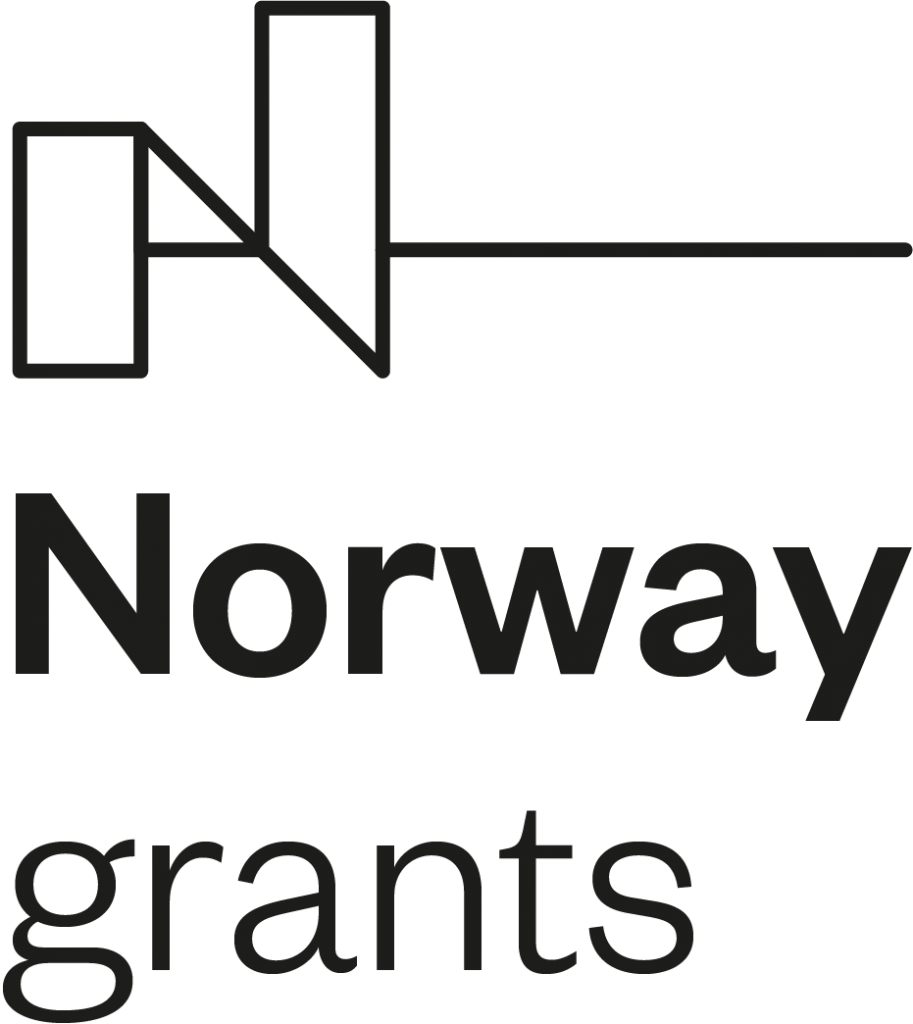Creating a system for quantitative data collection to evaluate the situation of Roma in Czech society
Creating a system for quantitative data collection to evaluate the situation of Roma in Czech society responds to the absence of valid ethnic data about the socio-economic situation of the Romani minority. Given that the collection of ethnically sensitive data is also associated with a range of ethical, methodological and legislative constraints, as well as insufficient legitimacy, the decision to collect such data has been postponed repeatedly. The absence of such data represents a long-term problem with respect to Czech integration policy aimed at the Roma minority, constituting the main reason for the difficulties associated with evaluation of fulfilment of its various objectives.
The project activities are designed to mitigate and overcome the above-mentioned pitfalls and constraints and find a constructive solution.
The project is supported by a Grant from the Peoples of Norway within via EEA and Norway Grants 2014–2021. It is a pre-defined project of strategic importance at the national level, and the objectives have been discussed with and approved by key actors of the Norway Grants implementation structure, i.e. the Financial Mechanisms Office and the Programme Operator. The main expert institutions of public administration were asked to implement it.
Project webside: https://esd.rilsa.cz/
Outputs
Final public conference of the project “Creating a system for quantitative data collection to evaluate the situation of Roma in Czech society“. 29 April 2024
ŠIMÍKOVÁ, Ivana, Tomáš KATRŇÁK, Miroslava RÁKOCZYOVÁ & Laura FÓNADOVÁ, 2024. Methodology of data collection on the socio-economic situation of the Roma population in the Czech Republic. Praha: RILSA | Appendix No. 1 Portfolio of indicators | Appendix No. 2 Questionnaire | Appendix No. 3 Performing a random walk | Appendix No. 4 Syntaxes | Appendix No. 5 Other data collection needs | Appendix No. 6 Handbook for interviewers. (only in CZE)
GABRIŠOVÁ, Veronika, 2022. Legal analysis of the terms of processing personal data indicating ethnic origin. Praha: RILSA. (only in CZE)
Data archive
The main outputs of the project are two datasets on the Roma population. The first set is from 2022 (1,549 respondents) and the second from the turn of 2023 and 2024 (1,268 respondents). Data sets, including the questionnaire and other documents, are available in the Czech Social Science Data Archive Czech of the Institute of Sociology of the Czech Academy of Sciences, see

